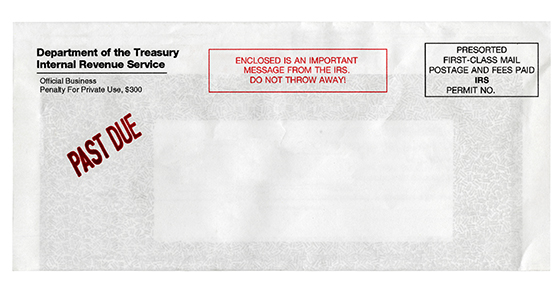Court denies deductions
A taxpayer ran his businesses through several entities. The U.S. Tax Court ruled he wasn’t entitled to deduct consulting fees and commission expenses that one of his LLCs paid to his corporation. The taxpayer claimed the expenses were for camera rentals and were “ordinary and necessary” for his business. However, he didn’t provide sufficient, credible evidence to prove it. He also didn’t explain how he calculated expenses or whether the company charged third parties the same amount for similar services. (TC Memo 2017-38)






